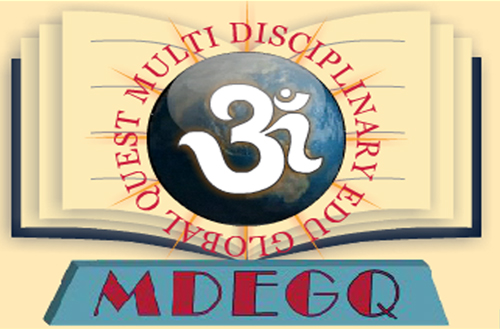Practices of Student Evaluation at Elementary Level: A Case Study in Delhi Public School, Damanjodi, Odisha
Learning is a continuous process which enables one to make life more pleasant, purposeful, peaceful, useful and beneficial. The ultimate goal of learning is to prepare a child to face the vagaries of challenges and tests to become successful. Success in life is largely a matter of successful social relations, as humans are social animals. Social development is a changing phenomenon which directly depends on the developed thought process of the human brain from time to time. So, development in society and human mind move hand in hand since long. Thus learning, society and suitable environment are inter-related, inter-connected and inter-dependent.
New ideas are being developed always to replace the existing ones. Similarly, new approaches and tools are implemented and followed to make the educational system more appropriate, learner friendly and productive. By means of trial and error the best tools are selected and followed to strengthen the system. One such tool implemented recently in India to access the learners is called Continuous and Comprehensive Evaluation (CCE). Evaluation directs the growth and development of the learners. It has a profound effect to judge the quality and quantity of knowledge received by the learners.
Growth is a biological process where a child grows continuously. Biological growth of a learner should be accompanied with the increase in her/ his perception and reception level. Ideal physical growth supported by sound mental development can make a child a successful human. Thus regular assessment of the child’s progress is the best way to analyze the direction of development. Development is the outcome of growth which includes her/ his physical, intellectual, emotional, and social capacity to lead a happy and balanced life. ‘Comprehensive’ reflects all aspects of development of a child. ‘Evaluation’ is the process to find the extent to which the objectives of the curriculum of the desired traits are achieved. This paper aims to share issues, concerns and practices of student evaluation at elementary levels being followed in Delhi Public School, Damanjodi located in a culturally rich, backward district Koraput, Odisha. The assessment system followed in the school is strictly according to the guidelines issued by the CBSE, New Delhi. The study revealed that introduction of CCE caused a stress free environment by providing the scope to rectify the lacunae of learners unlike building severe examination pressure at the end of the session. It was also found that group assignments developed cooperation and sharing habits among pupils which is a positive social need of the hour.
